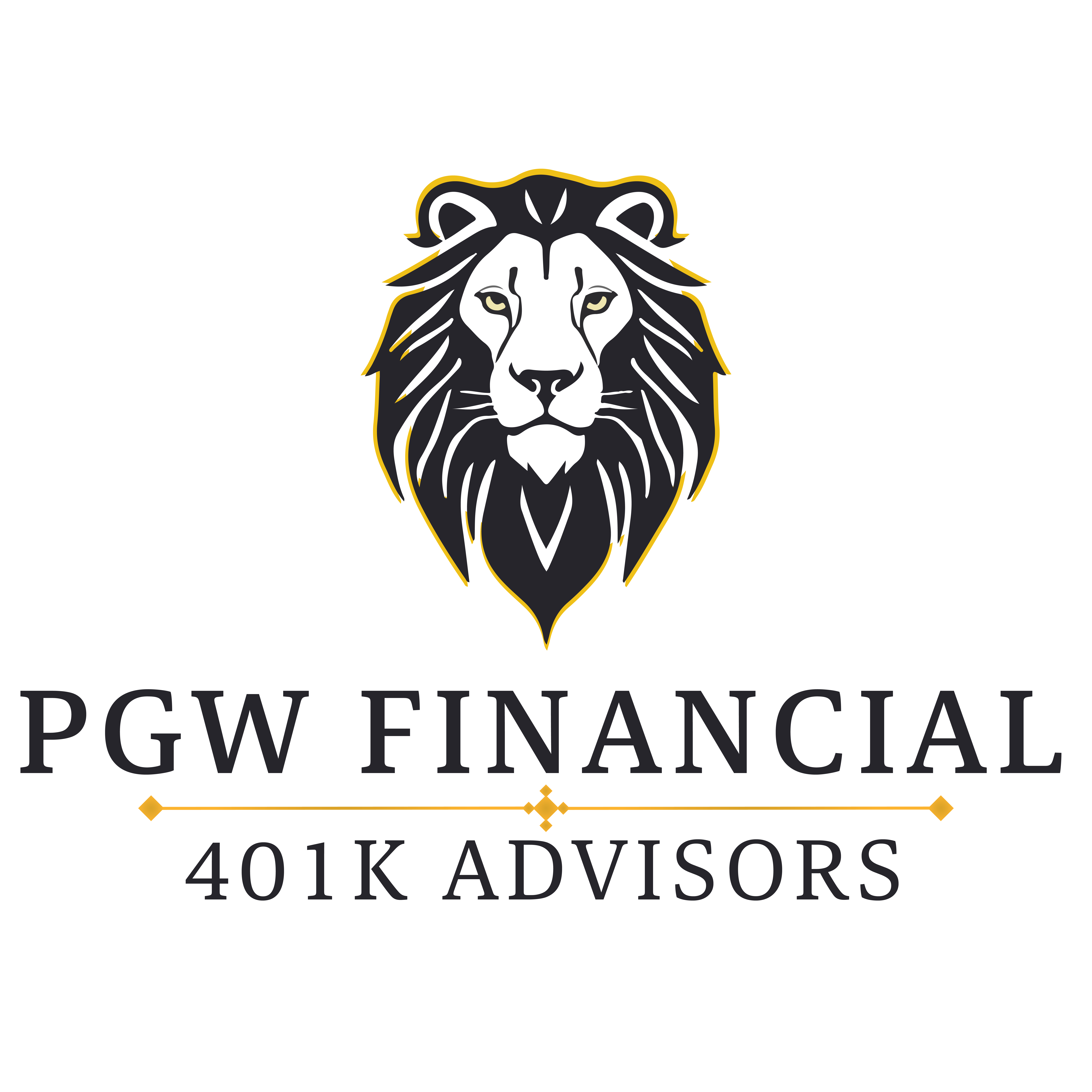In small businesses, HR teams wear many hats, and managing 401(k) plans is an important one. These plans are not just a benefit for employees but a significant commitment for employers. HR must ensure these plans run smoothly, meet compliance requirements, and fit the company and employee needs seamlessly.
HR professionals play a big role in aligning 401(k) plans with a company’s goals. This task involves selecting options that boost employee satisfaction and participation. It’s crucial for HR to understand each step involved, from managing compliance to communicating with employees effectively about their benefits.
Keeping employees informed and engaged with their 401(k) options is vital. HR departments have to find ways to make complex financial topics easy to understand. By doing so, they help employees make the most of their plans, while supporting the company’s ability to retain top talent. This balance is vital for fostering a productive and loyal workplace.
Understanding HR’s Role in 401(k) Plan Management
HR teams have a crucial role in managing 401(k) plans for small businesses. They act as the bridge between the company’s objectives and employees’ retirement goals. One of their key responsibilities is to ensure that the plan is aligned with the company’s overall strategy. This alignment means choosing plans that support business goals, such as retaining top talent and staying competitive in the market.
Moreover, HR is responsible for tailoring the 401(k) plan to fit the unique needs of their workforce. This involves assessing what employees value most in a retirement plan and making those features accessible. HR’s feedback channels can help them understand employee preferences, whether it’s more investment options or better educational resources.
To ensure the plan meets employee needs effectively, HR should regularly seek input from the workforce. This can be done through surveys or feedback sessions. By staying connected with employees’ preferences, HR can adjust offerings to enhance satisfaction and engagement. Keeping the workforce informed and involved helps maintain a plan that not only fulfills employees’ immediate financial planning needs but also supports their long-term retirement goals comfortably.
Key Responsibilities of HR in 401(k) Compliance and Administration
HR professionals take on a variety of tasks to maintain 401(k) compliance and streamline administration. They ensure that all regulatory requirements are met. This involves filing necessary documents, ensuring that contributions are made on time, and maintaining accurate records. Daily tasks include:
1. Monitoring employee contributions and matches.
2. Updating plan documents to reflect changes in the law or company policy.
3. Coordinating with payroll to ensure deductions are correct and timely.
Regular plan reviews and updates are crucial for compliance. HR must stay on top of how legislative changes impact 401(k) plans. Routinely assessing the plan’s performance helps identify areas that require adjustment, ensuring the plan remains beneficial for both the employer and employees.
Simplifying administrative processes is another important HR responsibility. This can be achieved by utilizing technology for online enrollment and account management. Automating routine tasks reduces errors and frees up time, allowing HR to focus on more strategic activities, like improving plan features and boosting employee participation.
By managing these responsibilities effectively, HR not only ensures the 401(k) plan operates smoothly but also enhances its reputation as a valuable employee benefit. Proper administration supports the company’s goal of maintaining a stable and content workforce, reflecting a well-managed plan that employees can trust for their future financial security.
Enhancing 401(k) Engagement and Communication
Employee engagement with 401(k) plans is crucial for their retirement readiness. HR can play a big role in boosting this engagement through targeted communication strategies. One effective method is to provide workshops or seminars that explain how 401(k) plans work. These sessions can be scheduled regularly to accommodate different employee shifts and availability.
Clear communication is key to increasing participation. HR should ensure that all staff understand how contributing to a 401(k) plan benefits them. Using simple language in written materials and digital platforms makes the information accessible to everyone. This way, employees can make informed decisions about their retirement savings.
Collecting feedback is another critical aspect. HR can set up feedback channels, such as suggestion boxes or online surveys, to understand employee concerns and preferences. This feedback helps HR tailor the 401(k) plans to better meet employee needs. By regularly updating employees on changes and improvements resulting from their suggestions, HR can foster a sense of involvement and trust in the company’s retirement benefits.
Partnering with Experts to Optimize 401(k) Plans
Partnering with external experts can greatly enhance a company’s 401(k) offerings. These specialists bring in-depth knowledge that can be used to enhance plan performance. By collaborating with advisors like PGW Financial, HR can leverage insights gained from broader industry practices to tailor the plans to fit their unique workforce needs.
Experts can also help reduce fees associated with managing 401(k) plans, which can significantly benefit small businesses. Lower fees mean more efficient administration and potentially better returns for employees. These partnerships allow HR to optimize the plan’s features without disrupting existing operations or increasing HR workloads.
Ongoing support from experts ensures the 401(k) plan remains competitive and effective over time. As laws and workforce needs change, continuous expert evaluation helps keep the plan aligned with current best practices. This continuous improvement process reinforces HR’s role in delivering a valuable retirement plan to employees, enhancing overall job satisfaction and retention.
Conclusion
Managing 401(k) plans in small businesses is a complex task, but it’s a vital one for fostering a committed workforce. HR’s involvement in aligning these plans with company goals, while ensuring they meet employee needs, is essential. Regular compliance and administration efforts keep the plans running smoothly, while strategic communication efforts boost engagement.
Partnering with experts, like those at PGW Financial, further enhances the plan’s value by providing targeted insights and reducing administrative burdens. This collaborative approach not only streamlines the process but ensures that the plan remains a powerful tool for retention and employee satisfaction over time.
Consider enhancing your employees’ future today. By teaming up with PGW Financial, a 401(k) financial advisor in Tampa, for a free consultation, you can explore customized strategies for optimizing your company’s 401(k) plan. Let’s work together to create a retirement plan that your team will love and trust.




